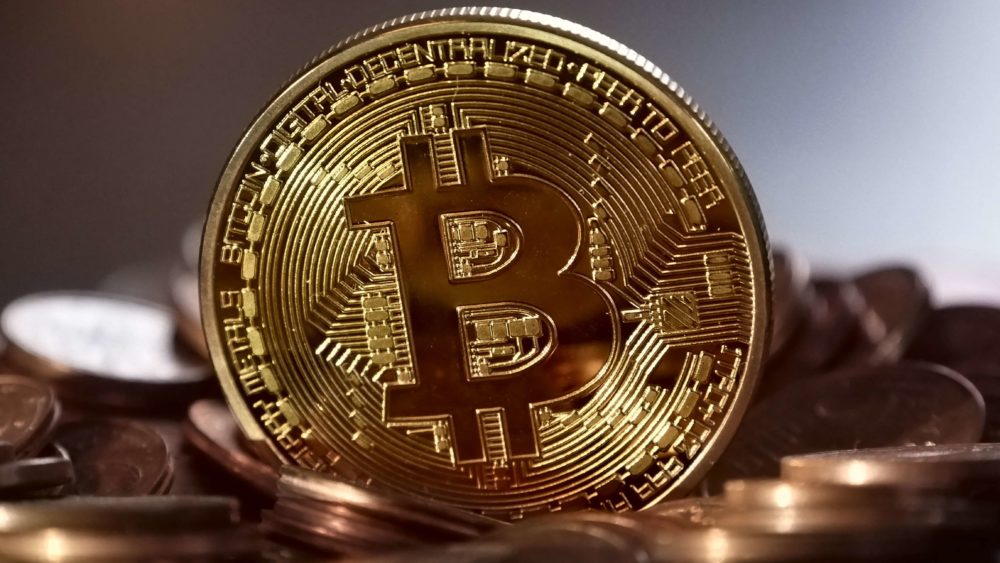On 15th July, Ben Arc published in Bitcoin Magazine an open letter addressed to me in a bid to convince me that I should reassess my rejection of Bitcoin as a force for good; as a bulwark for democratising capitalism and paving the ground for socialism. Here is my reply.
Dear Ben Arc,
Thank you for your open letter and your efforts to bring a socialist perspective to bear upon my assessment of Bitcoin.
In my reply below, I shall address you as a fellow socialist, rather than put together a reply meant to address all sorts of different perspectives (e.g. Keynesian, Hayekian, neoclassical).
As you know, I am one of those who, back in 2011, were genuinely intrigued, fascinated even, by the remarkable blockchain algorithm. The prospect of a decentralised ledger controlled by its community of users was mesmerising.
As you also know, I was unimpressed by Bitcoin as an alternative to fiat money that is either likely, or indeed desirable, under our current capitalist predicament.
Having read your open letter, I remain as enthusiastic on blockchain’s capacities and as unimpressed by Bitcoin’s ability to help us either civilise or (as any socialist dreams of) transcend capitalism.
Two propositions support this view. In the hypothetical case where Bitcoin were, under presently-existing capitalism, to replace fiat money: (1) It would lack the mechanism necessary to stop capitalist crises from yielding depressions that benefit only the ultra-right; and, (2) Its community-based, democratic protocols would do little to democratise economic life.
I shall explain my two propositions briefly below. But, before you despair (at my continued negative take on Bitcoin), let me foreshadow the concluding sentence in the Epilogue below: Once (and, of course, if) socialism dawns, money will have to be founded on a distributed-ledger, monetary commons enabling technology.
In other words, I shall argue that Bitcoin is not fit for purpose under capitalism, or as a vehicle toward transcending capitalism, but something like Bitcoin will characterise monetary systems in a future world free of private banks and share markets.
OK, let me now support my two propositions:
Proposition 1: Bitcoin lacks the shock absorbers necessary to prevent capitalist crises from doing untold damage to the working class.
Consider the Crash of 2008 or the more recent 2020 Covid-19-induced crisis. Suppose that Central Banks did not have the capacity instantly to create trillions of dollars, euros, pounds and yen — and instead had to rely on a spontaneous majority of Bitcoin’s users to agree to a massive increase in the supply of money. The result would be a 1929-like collapse of banks and corporations.
While socialists would shed no tears for the tragedy of the oligarchy, socialists should beware that a 1929-like systemic collapse is bound to strengthen the forces of the ultra-right — not of the socialist left (that has been, since at least 1991, languishing in the doldrums of political paralysis).
Technically, there is of course nothing that would prevent the Bitcoin community from agreeing instantly to even a doubling of the money base. However, the Tragedy of the Commons guarantees that Bitcoin owners will be subject to the usual prisoner’s dilemma dynamic that prevents the boost in the money supply necessary to avert the liquidation of potentially viable businesses and jobs. Moreover, this free-rider problem is made far, far worse by the fact that Bitcoin ownership is very unequally distributed, thus giving the Bitcoin-rich powerful incentives to restrain the growth of the money supply (since such restrictions would boost their private rents at the expense of the public interest).
In short, the free-rider problem that guarantees the maximal reinforcement of any capitalist crisis (in any economy relying on Bitcoin as its main currency) will be turbocharged by the unequal ownership of Bitcoin – which is unavoidable in any monetary system overlaid upon contemporary capitalism.
Proposition 2: Under capitalism, Bitcoin’s dominance will not democratise economic life — or give socialism a chance.
Suppose, again, that some magic wand is waved and Bitcoin replaces fiat money under contemporary capitalist conditions. In other words, as Bitcoin replaced dollars, pounds, euros and yen, property rights over land, resources and machines remain as they are while private equity firms and pension funds continue to own the bulk of shares trading in Wall Street, the City etc. All that will have changed is that Central Banks will vanish and the community of Bitcoin users will determine the global money supply (subject to the free-rider problems mentioned above).
At the firm level, nothing will have changed. Jeff Bezos will still control a massive monopsony-cum-monopoly, Facebook will still own the whole marketplace within its platform, Exxon-Mobil will continue to lean on weaker developing country governments to drill for oil and gas that should be left in the Earth’s guts etc.
And what of private banks? They would, make no mistake here, find ways of creating complex derivatives based on Bitcoin – derivatives that will soon (just like Lehman Brothers’ CDOs prior to 2008) function as stores of value and means of exchange; i.e. as private money. Massive bubbles denominated in Bitcoin will build up and they will burst just as they did in the 19th century under the Gold Standard. And then?
In the absence of Central Banks and with the Bitcoin community in the clasps of the aforementioned free-rider problem, depression will follow – as it did before the Fed was instituted in the US. Thus, the tragedy mentioned in Proposition 1 above kicks in.
In short, not only will the democratisation of money via Bitcoin fail to democratise capitalism but it will also give an almighty boost to the forces of regression.
Epilogue.
Bitcoin’s great appeal is that it breaks the cronyist chain linking central banks and private bankers. However, it does not undermine the cronyism of the network of bosses, politicians and private bankers.
Lest we forget, 19th Century bimetallic America also lacked a central bank. Under the gold and silver standards, the public money supply was fixed — and could not be easily manipulated by the state (either the government or the, then non-existent, Fed). But that did not stop private bankers from leveraging public money out of thin air to create huge quantities of private money with which to fund the Robber Barons, i.e. the Jeff Bezoses, of the era.
In this sense, replacing fiat money with Bitcoin would take us back to a postmodern version of 19th Century America — not exactly a prospect socialists should go to the barricades for.
In summary, the monetary system is like the dog’s tail. It cannot wag the capitalist dog, in the sense that democratising money by means of a monetary commons will not democratise economic life but, rather, make capitalism uglier, nastier and more dangerous for humanity.
Having said all this, a monetary commons (that may very well rely on something like the blockchain underpinning Bitcoin) will, I have no doubt, be an essential aspect of a democratised economy; of socialism.
Do you want to be informed of DiEM25's actions? Sign up here




